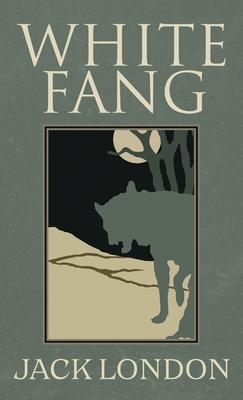It is easy to miss the undercurrents of the early 20th century which compelled Jack London to write one of his most famous books. London's devout adherence to philosophical naturalism, expressed unabashedly in his time as 'survival of the fittest, ' is front and center in this book, White Fang, and his other well-known work, The Call of the Wild (ISBN: 9781645940098). The conviction that man is mere animal, borne up by Darwinian principles, collides in White Fang with the violence of other mere animals. The directness of this formula will be lost on contemporary generations, who have something Jack London did not: the testimony of history recounting the violence that evolutionary and materialistic worldviews brought about. Barriers have today been erected-so we think-against such abuses, but White Fang provides another opportunity that London did not have, and that is to wonder aloud if the barriers so erected will really, in the end, prove effective. White Fang, then, while being a thrilling ride into nature and naturalism, takes on new dimensions of analysis for modern readers who seek to understand the mentality of a particular set of individuals in the late 1800's and early 1900's.

It is easy to miss the undercurrents of the early 20th century which compelled Jack London to write one of his most famous books. London's devout adherence to philosophical naturalism, expressed unabashedly in his time as 'survival of the fittest, ' is front and center in this book, White Fang, and his other well-known work, The Call of the Wild (ISBN: 9781645940098). The conviction that man is mere animal, borne up by Darwinian principles, collides in White Fang with the violence of other mere animals. The directness of this formula will be lost on contemporary generations, who have something Jack London did not: the testimony of history recounting the violence that evolutionary and materialistic worldviews brought about. Barriers have today been erected-so we think-against such abuses, but White Fang provides another opportunity that London did not have, and that is to wonder aloud if the barriers so erected will really, in the end, prove effective. White Fang, then, while being a thrilling ride into nature and naturalism, takes on new dimensions of analysis for modern readers who seek to understand the mentality of a particular set of individuals in the late 1800's and early 1900's.